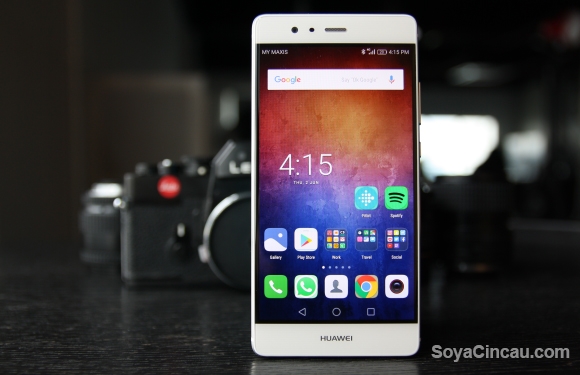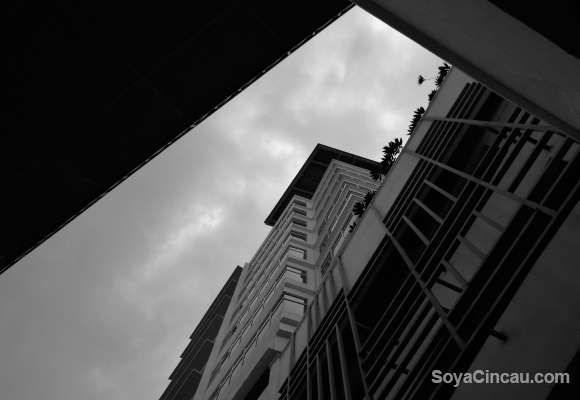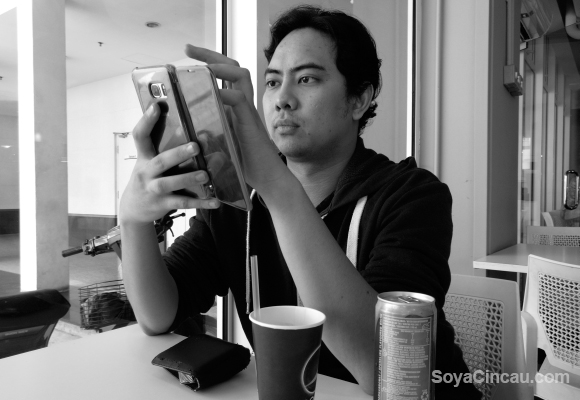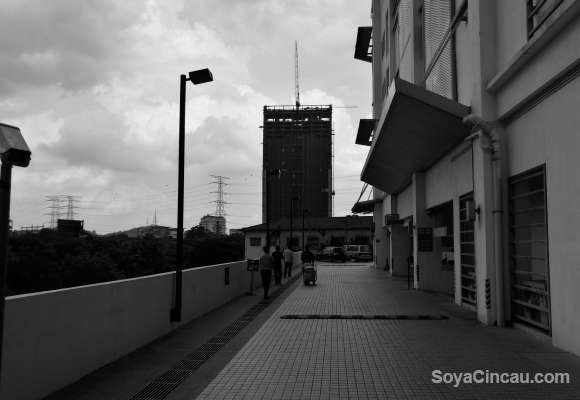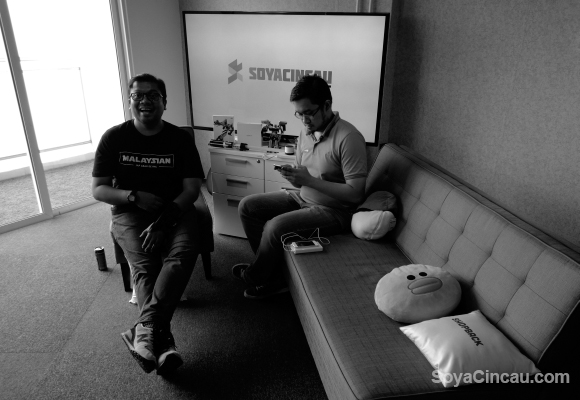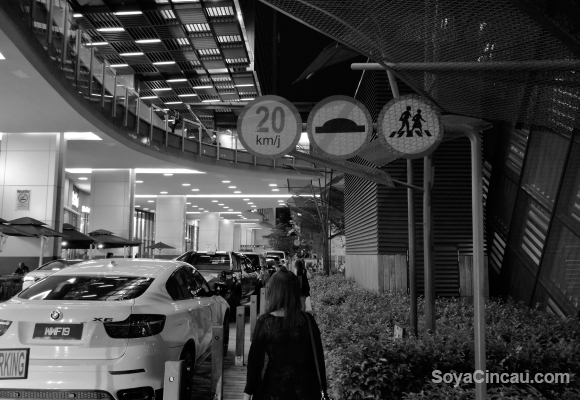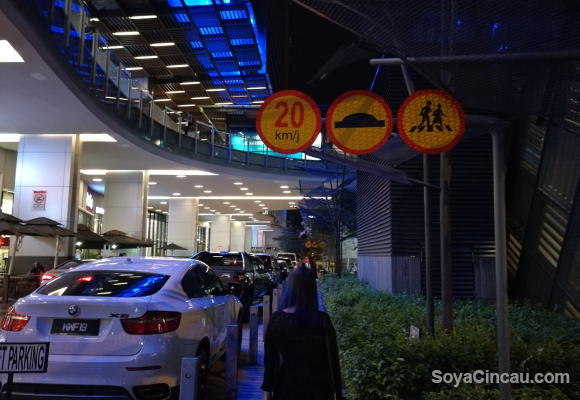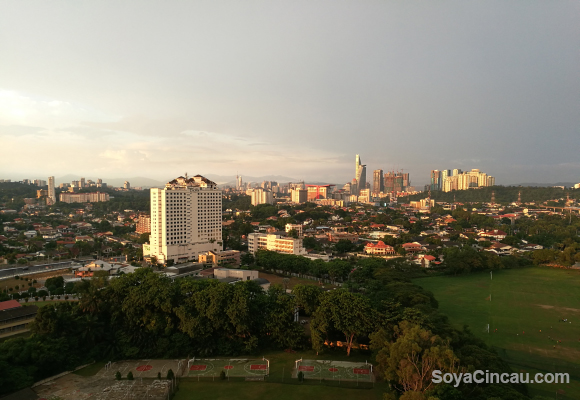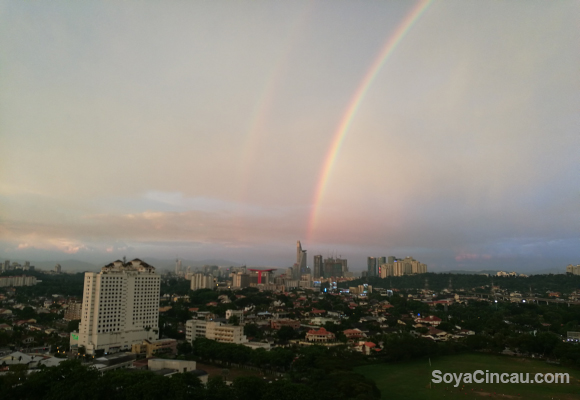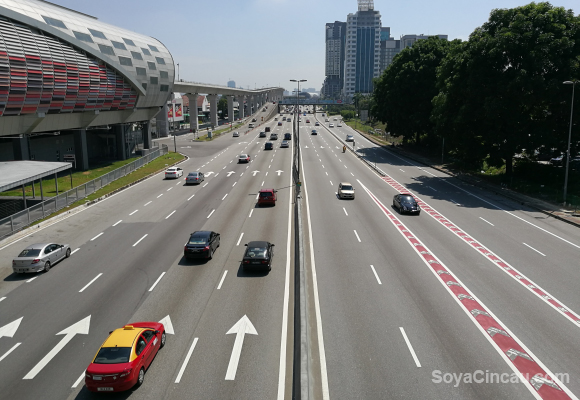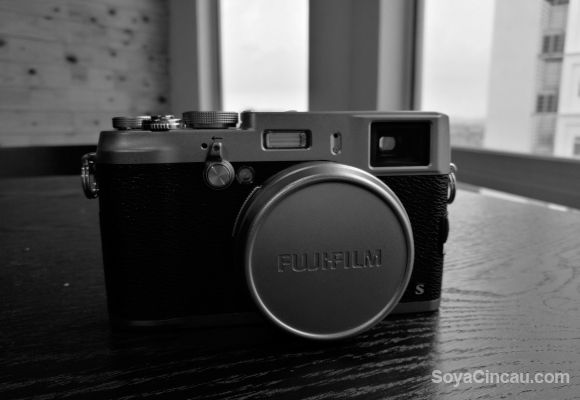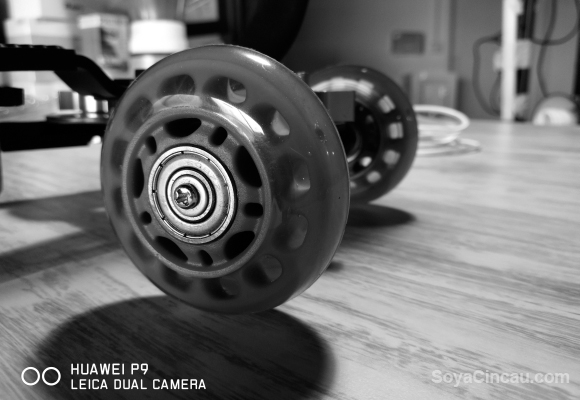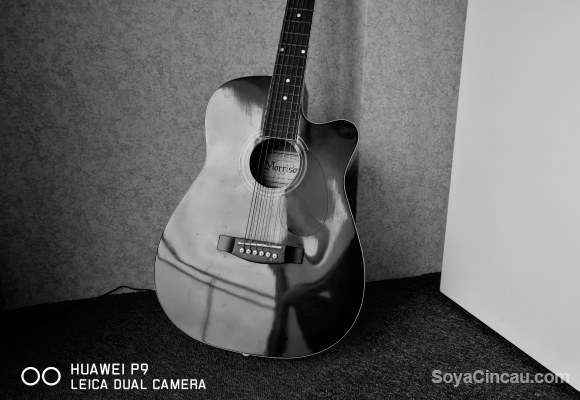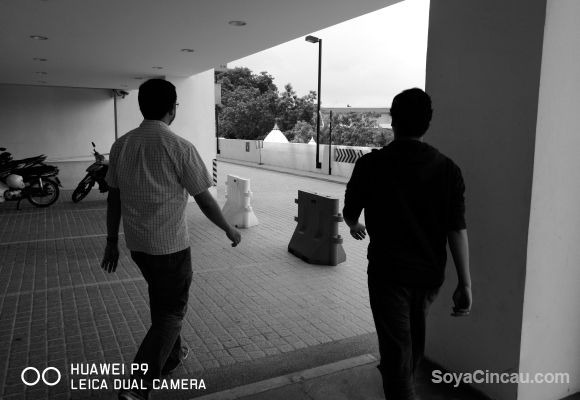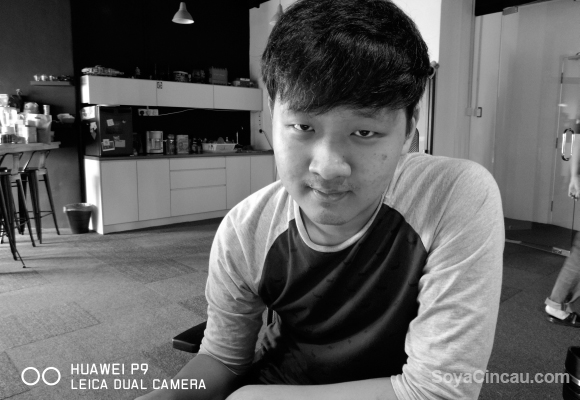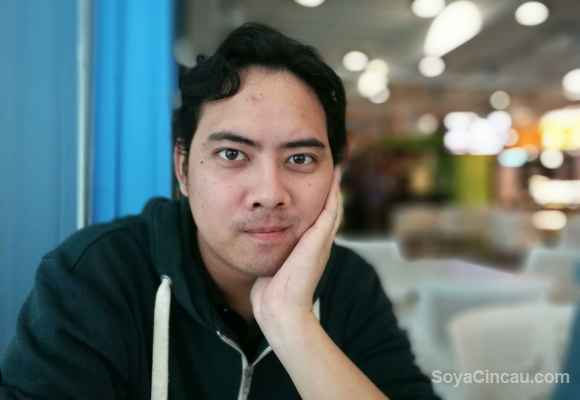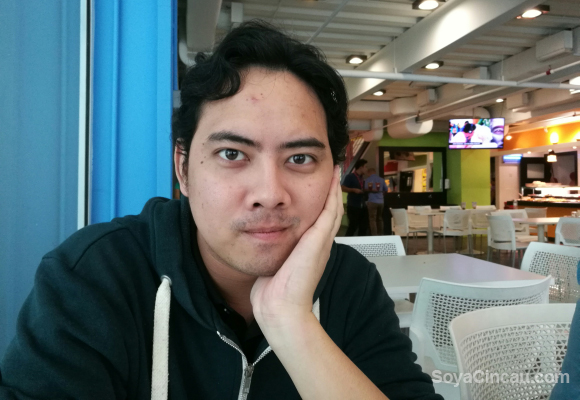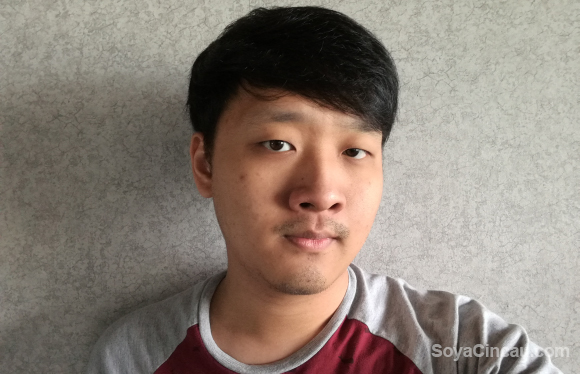Leica. Leica, Leica, Leica.
That’s all anyone ever sees when they look at Huawei’s new P9 smartphone. It’s the first smartphone born from the German camera maker’s collaboration with the Chinese smartphone behemoth and it’s one of the most hyped flagships yet.
But y’know what, after one week with this smartphone, I’ve come to realise that there is so much more to it than the label tacked to its back.
What makes a smartphone great? I feel like I’m always asking myself this question but each time, I’m unable to come up with a single answer.
Is it what the device can print out on a piece of paper? Is it the brand behind the smartphone? Is it a single mind-blowing feature? No, I don’t think so. I think it’s all about the combination — the whole that is greater than the sum of its parts if you will.
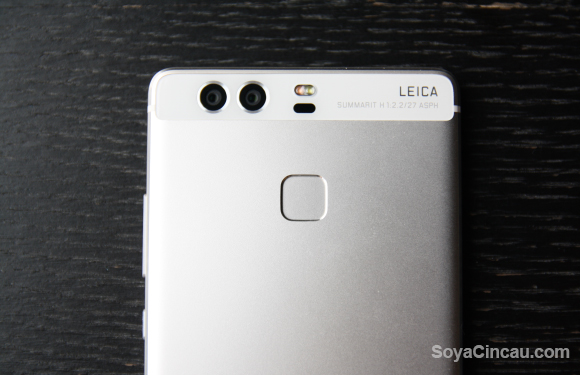
You don’t need to mesh the best processor with the most amount of RAM and the highest megapixel count ever. For a smartphone to truly be brilliant, the parts just need to come together well enough, to have enough chemistry, to show the user how much thought you actually put into the handset.
This isn’t something that’s easy to do, obviously, but every once in awhile a smartphone comes along that just hits all the right notes. This time, it’s the Huawei P9 and my goodness is it magnificent.
[nextpage title=”When stars align”]
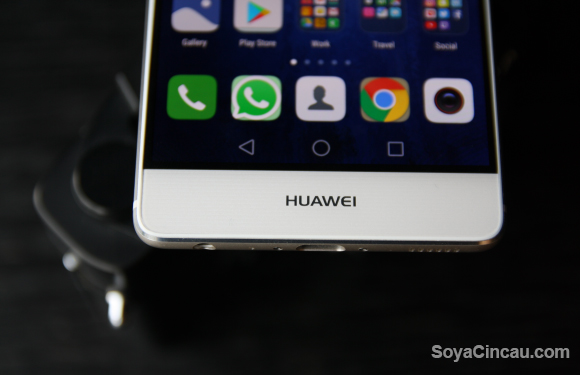
For the most part, the P9’s predecessor felt incomplete to me. Like an Alpha product that wasn’t quite ready enough for the mass market yet, something people drop into the public to test the waters.
It felt as unpolished as a rough cut diamond, but it got the concept right. It was the right size with a decent combination of the right elements needed to make it a decent smartphone, but not a good or even great one.
With the P9, it looks like Huawei has accomplished what the set out to do with the P8.
Build
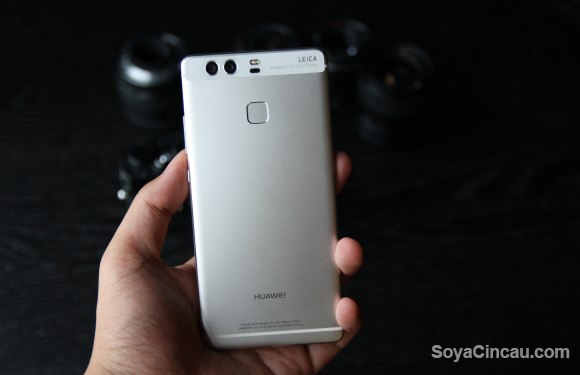
Looking at the device’s overall shape and footprint, the P9 doesn’t distinguish itself that much from its predecessor. It seems like the P9 was cast from the same mould as the P8 albeit a couple of modifications. But oh how those modifications have made all the difference.
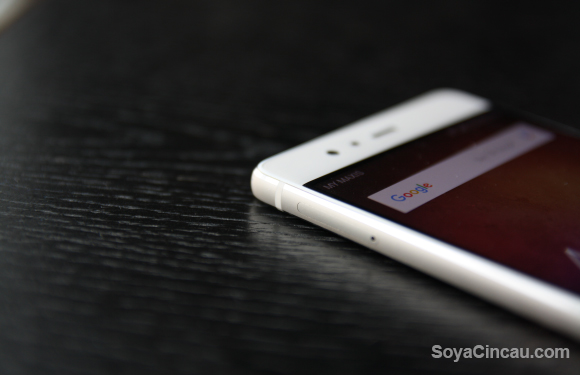
When I reviewed the HTC One A9, I went on and on about how perfect the device was to hold. It was a shape that felt right in your hand, not too ergonomic that you’d forget it was there, yet not harsh or obtrusive enough that you wouldn’t want to hold it. I always knew that I was hanging on to the best feeling smartphone in the world and that made me very happy.
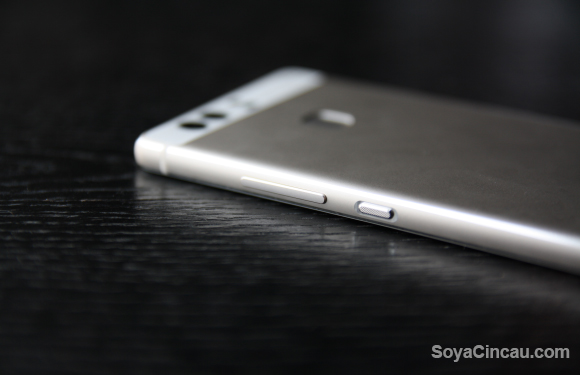
In essence, the 5.2-inch P9 is the same way. I wouldn’t say that it’s better than One A9, but it is as good and that is about as high praise as it gets right now. It captures the same magic that made the A9 such a joy to hold thanks to the P9’s subtle curves and premium metal finish.
The thing that saddened me the most about this review was that my editor issued an order that I had to use the smartphone with a case to protect it from my clumsy fingers (which is understandable). But, every once in a while I’d sneak it out of the case and just run my hands over the metal finish.
Performance
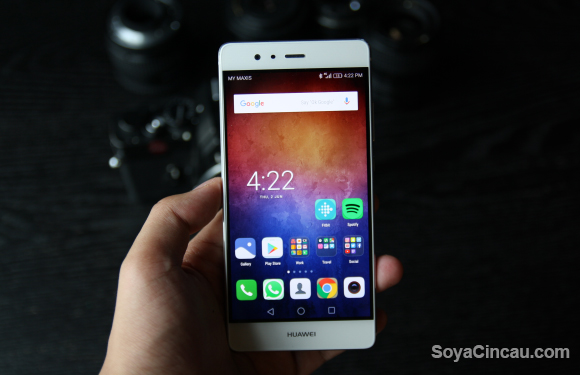
If you’re looking at the nitty gritty spec sheet, the Huawei P9 won’t impress many because it’s got the usual suspects when it comes hardware specs in a flagship device. The Full HD display, while crisp and vibrant, won’t dazzle anyone. Neither will the Kirin 955 processor mated to 3GB of RAM and 32GB of internal storage (expandable via microSD).
There is also a higher spec version with 4GB of RAM and 64GB of storage but we won’t be getting that variant in Malaysia. If you really want more horsepower, you can always wait for the P9 Plus which will feature the upgraded specs.
These are specifications that you’ve come to expect from a flagship smartphone. The only thing you need to know is that thanks to its flagship specs, it runs absolutely buttery and throughout my review period, it didn’t hiccup even once.
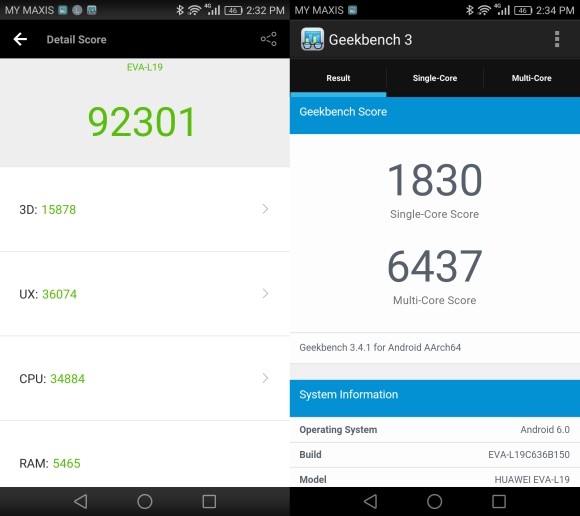
Games loaded quickly and played smoothly, the device didn’t get particularly warm either, which is great. But what’s even better is that unbelievably accurate fingerprint sensor mounted on the back of the smartphone.
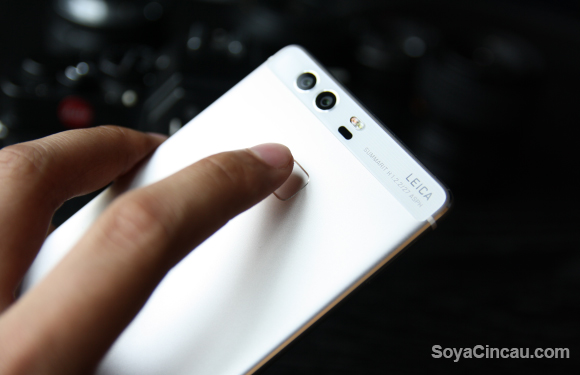
It’s got four different levels of recognition so it will even be able to sense the 3D ridges of your finger. As a result, accuracy is off the charts even if your finger is slightly damp, grimy or dusty. It took a lot of effort from me to actually get it to miss.
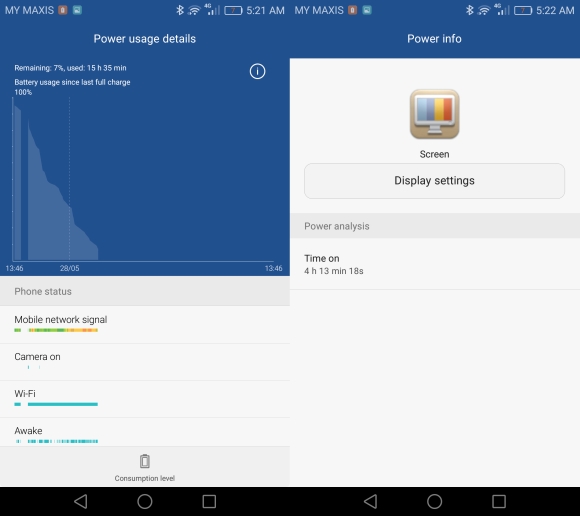
Battery life from the 3,000 mAh cell was also pretty great. It could easily last me an entire day of heavy usage (games, social, videos, everything else) with about 4 hours of screen-on-time. The biggest problem with the P9 is that it doesn’t come with quick-charging technology despite its USB Type-C port, so charging is painfully slow.
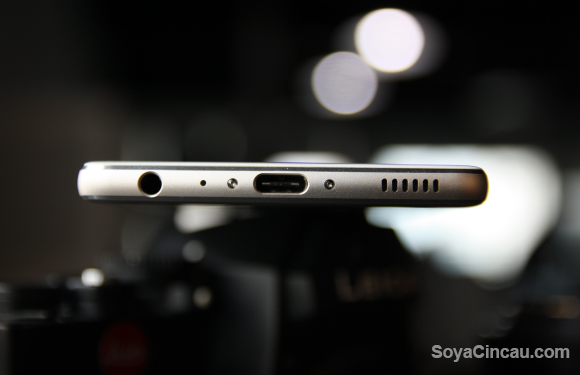
30 minutes on the plug gives you 25% while a full charge takes nearly three hours. This is definitely not a smartphone you can forget to charge at night.
Camera
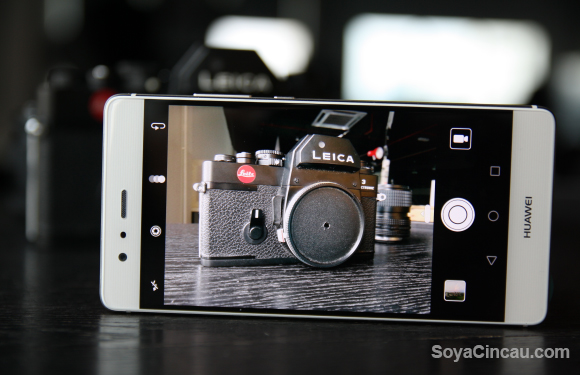
I’d be lying if I said that Leica didn’t initially draw me to the P9. It did, partly because I’m a little bit of a camera nerd and just hearing the words Leica gets my juices flowing. Once I started using it, the novelty of it being a Leica camera wore off but the joy of shooting didn’t. I had a lot of fun with this camera.
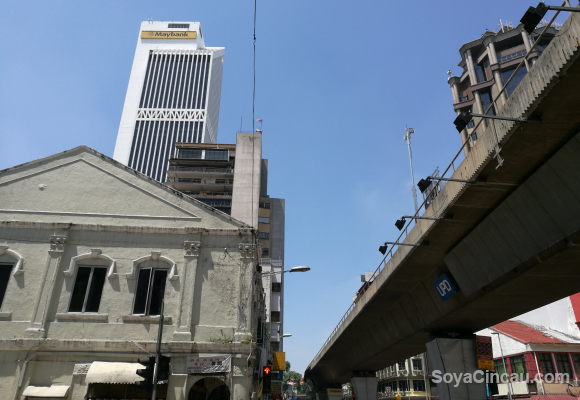
I’ll say outright that this isn’t your generic “best-smartphone-camera-in-the-world” device. It doesn’t matter if the dual 12-megapixel sensors (one colour, one monochrome) came with two Leica certified Summarit H 1:2.2/27 ASPH lenses. The crown of best smartphone camera in Malaysia still belongs to the Samsung Galaxy S7/S7 edge.
But I’ll be damned if I didn’t have more fun with this camera.
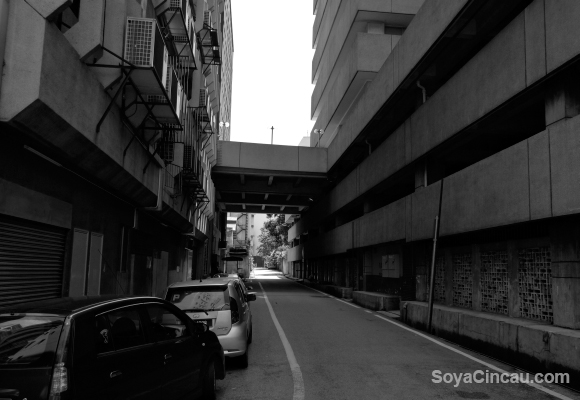
It’s definitely not as quick to pull focus, or as quick to sharpen images. Instead, the camera tries its best to bring out a more natural look to images. Colour reproduction was spot on and frankly the P9 has beautiful dynamic range.
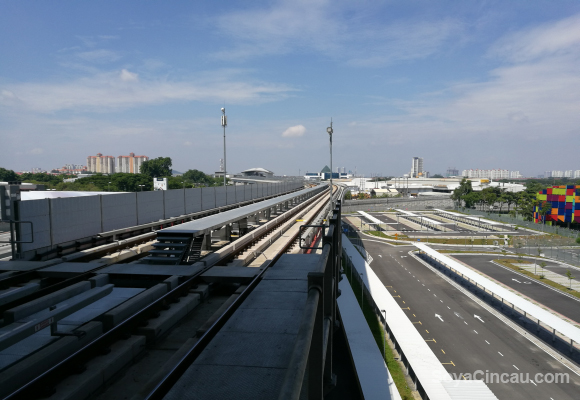
Even shots in the brightest of days are exposed beautifully across the range with almost no hot overexposed spots. But things get even more impressive when you look at what the camera can do with the dedicated monochrome sensor.
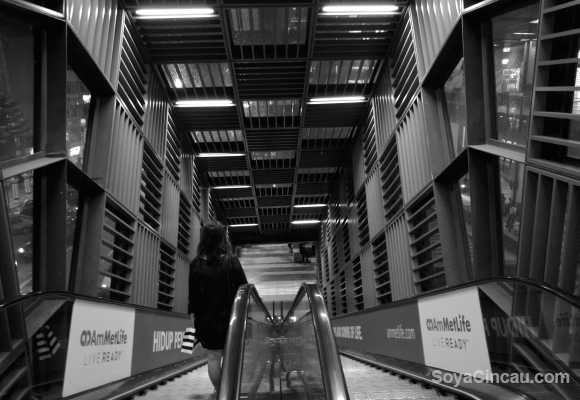
The blacks are absolutely black with images often producing high contrast with relatively low noise. At night, the monochrome sensor comes to life, bringing more detail in each shot than the colour/combined one sensors ever could. From what I can tell, the monochrome images look much sharper with better-defined lines than the coloured images.
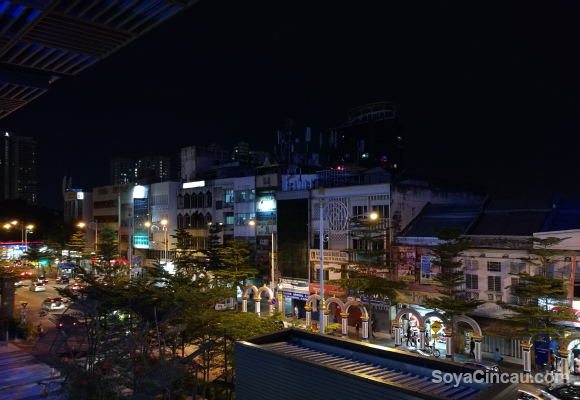
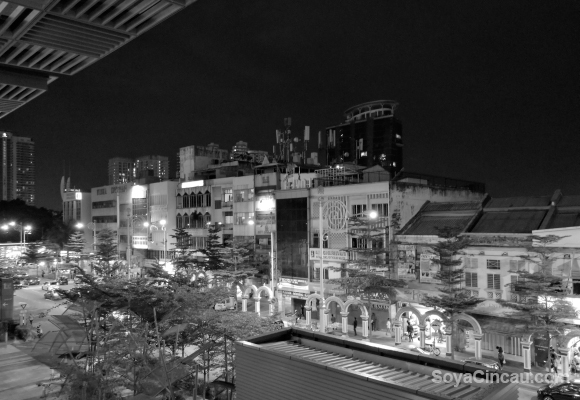
At least when the Huawei P9 is concerned, everything definitely looks better in black and white…
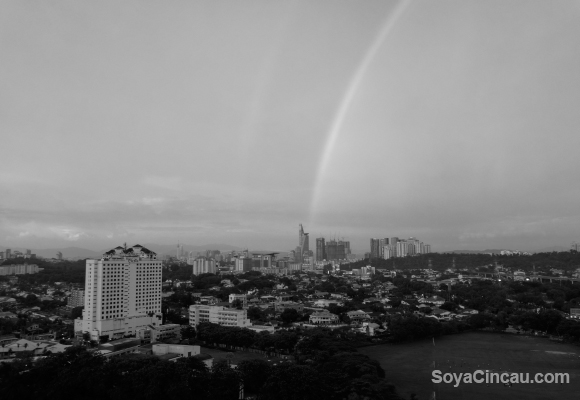
…okay, except a rainbow. A rainbow doesn’t look good in black and white.
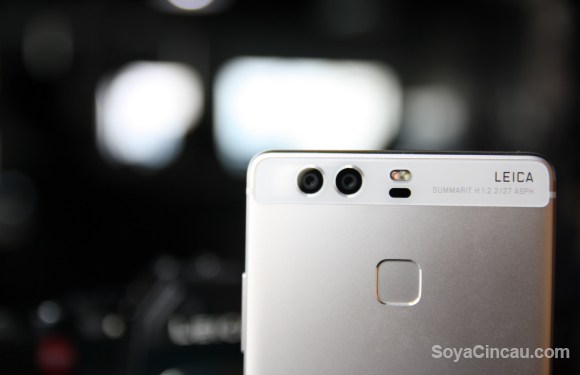
My only real problem with the primary camera is the lack of OIS which may be a turn-off for many.
The Galaxy S7 edge is king of smartphone photography because it represents what smartphone photography really is — the ability to take extremely good photos with as little effort as possible. But when it comes to the P9, you have to take your time and really experience what it’s like to capture an image rather than snap a photo.
It’s just a bloody joy to use
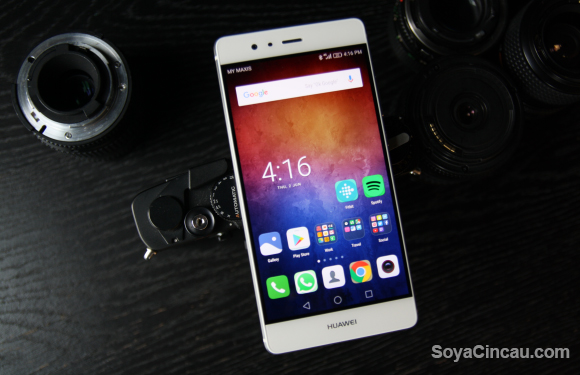
My experience with the Huawei P9 has been an enjoyable one. I’ve loved every moment of it from when I first picked up the smartphone to the moment it’s sitting next to my laptop as I write this review. In a way, this is the most fun I’ve had reviewing a smartphone since the HTC One A9. But, while HTC’s smartphone was flawed in more ways than it is right, the P9 solves all of that. It’s what the One A9 was supposed to be, but never was: A proper flagship smartphone at a fantastic price.
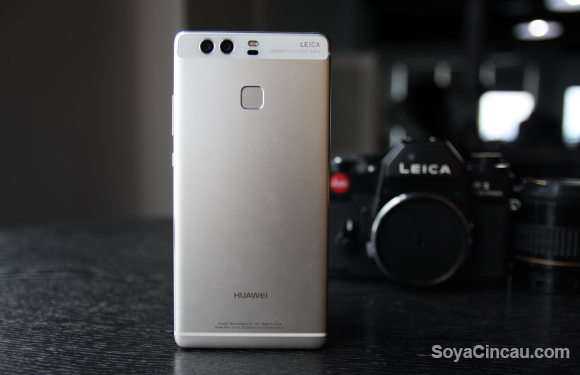
The RM2,099 P9 will easily stand toe-to-toe with the big boys when it comes to daily performance and while it may not seem that way on paper, the P9 is a truly complete device. It’s a smartphone where the right parts came together in the right order at the right time.
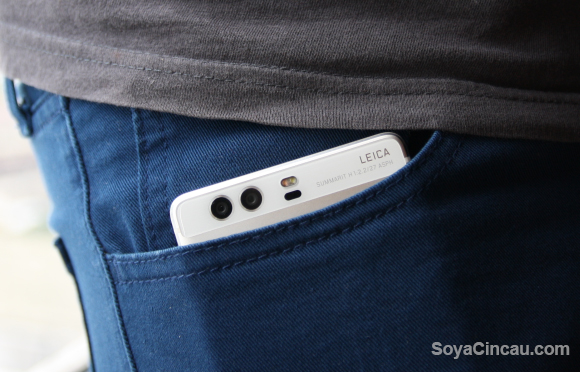
Who cares if it’s actually Leica engineered or not? Who cares if Huawei went out of their way to try and emulate the Leica shooting experience with a revamped camera UI and specialised “Leica shutter” sound?
Don’t buy the Huawei P9 because it has Leica written on the back, that’s just stupid. Buy the P9 because it’s a fantastic flagship smartphone at an amazing price point.
[nextpage title=”Gallery”]
Here are more images that I took with the Huawei P9. Click on each individual image to view the full picture. If you’d like to see more photos of the device, check out our Facebook gallery.
There are also several fluff features that might interest you. For example, you can give your photos that extra “Leica touch” by adding a “Shot by Leica” watermark.
I think it’s kind of douchey but to each their own right?
There’s also a selective focus function that uses the dual cameras to give you insane bokeh up to f/0.95 with a razor-thin depth of field. You can also tap different areas of the image to change focal points.
Full bokeh:
No bokeh:
Bonus selfie:

